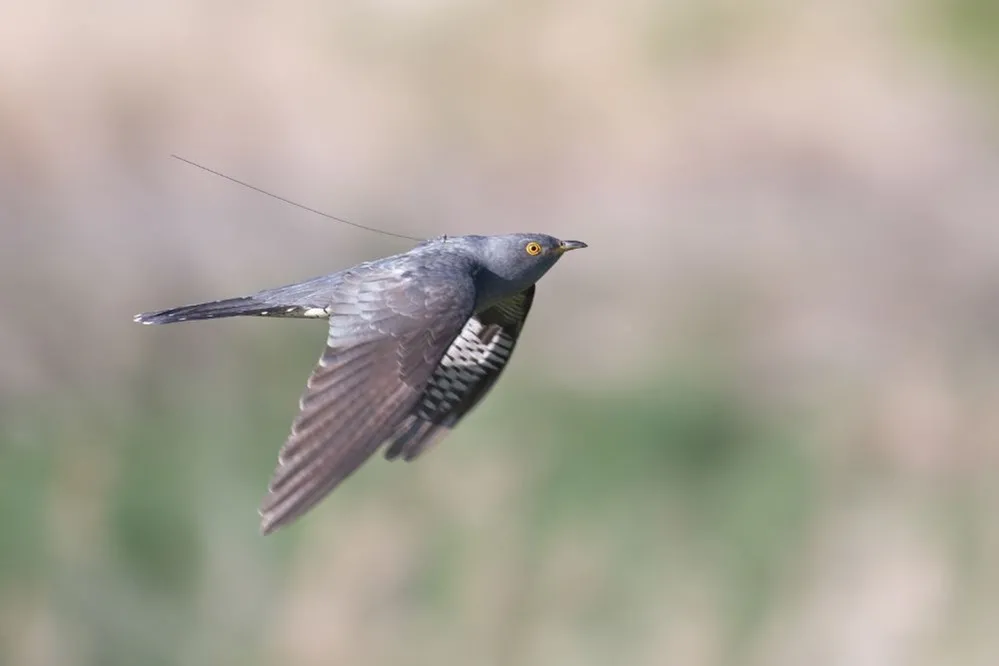Putting migrants on a global stage
Climate change is already having catastrophic impacts on many migratory species, including birds, and BTO has been leveraging its datasets and expertise to both help identify these effects and the potential for climate change adaptation or mitigation.
In December 2023, for example, a landmark report was launched at the United Nations Framework Convention on Climate Change CoP in Dubai. The report was commissioned by JNCC, funded by Defra, and delivered by BTO scientific staff. This report presented strong evidence that global increases in temperature are already affecting most migratory species groups, impacting the distribution of species, the timing of migration, and disrupting the food webs on which migrants rely.
In some species there is a risk that global temperature increases will cause a mis-match between the timing of breeding and the time when prey species are most abundant. There is also strong evidence that migratory seabirds and marine mammals will be impacted by changes in oceanic currents, which are also likely to alter the nature and functioning of many ecological systems.
The report reviewed potential conservation actions, and highlighted the importance of conserving migrants because of the benefits they provide for ecosystem function and nature-based solutions. Being able to present this robust evidence at such an important conference provided a global platform for BTO work and, more importantly, saw this evidence feed through into the key Convention of the Conservation of Migratory Species CoP14 in Uzbekistan in February 2024, where it influenced global policy-making. The report reinforces the need for immediate and concerted global action to tackle climate change and its impacts on migratory species.

Little room for manoeuvre
BTO data reveal that the average spring arrival dates of many summer migrants have advanced over recent decades, but the Cuckoo is one of a handful of species in which this has not happened. The long-term decline in UK Cuckoo populations, together with the link between a changing climate and changing spring arrival dates more generally, raises the question as to why there has been such a limited shift in Cuckoo arrival times. This is something that has been addressed through a piece of BTO research published in 2023.
The team used 11 years of tracking data from 87 male Cuckoos, tagged as part of the BTO Cuckoo Tracking Project, to explore the timing of Cuckoo migration. The analyses revealed that the major determinant of the timing of spring arrival in the UK was departure from West African stopover sites. Individuals that left West Africa earliest arrived back on the breeding grounds earliest. The high level of synchrony evident in Cuckoo departures from West Africa suggests a relatively narrow optimal window for departure from these sites, and limited flexibility with which to adjust the timing of this event. It is likely that environmental conditions in West Africa constrain the timing of Cuckoo departure; worryingly, it looks as if the birds are doing all they can already to advance their UK arrival, and may already be suffering increased mortality at some stages of their annual cycle as a consequence.
This new knowledge allows for better prediction of future responses to a changing climate, and reveals how conservation measures might mitigate the consequences of timing stresses at different points of the Cuckoo’s annual cycle.